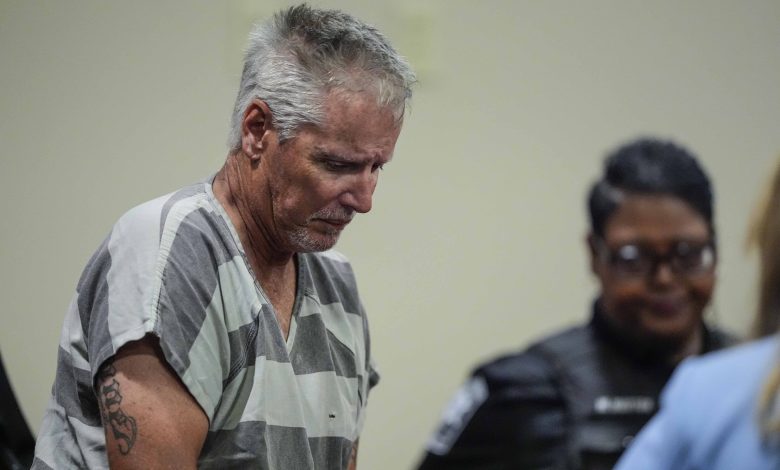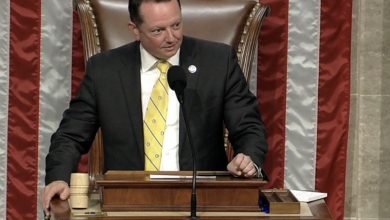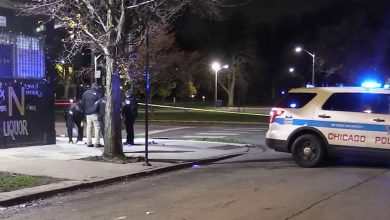WSJ Tackles the Topic of “Parents and School Shooters”

In an editorial titled “Parents and School Shooters”, the editorial board of the Wall Street Journal (WSJ) delves into the complex issue of parental responsibility in school shootings, focusing on the case of Colin Gray, who faces criminal charges after his 14-year-old son murdered four people at a Georgia high school. The editorial in the WSJ, one of the few “main stream” media outlets to not sell its soul to the left and still provide reasonably balanced, informative and thought-provoking new coverage, explores the legal and ethical questions surrounding whether parents should be held liable when their children commit such heinous acts with firearms from the home. With references to similar cases, like the Crumbleys in Michigan, the Journal emphasizes that while holding parents accountable may be justified when clear negligence is involved (and even emotionally satisfying to those looking for someone to pay for such unfathomable acts), the law must still require firm evidence of culpability. The piece also highlights the need for enhanced school security measures, lamenting that while these steps are unfortunate necessities, they are crucial in preventing future tragedies and to date, one of the best plans put on the table at keeping our children safe in schools.
Parts of the editorial are posted here for those who cannot access it online:
“Should parents be held criminally liable if a child goes on a shooting spree with a gun from the home? That question is now in sharp public relief with the indictments this week after (a 14-year-old) murdered two students and two adults at Apalachee High School in Winder, Ga.
The teenager has been charged with murder as an adult. More unusual is that his 54-year-old father, Colin Gray, has been charged with involuntary manslaughter, second degree murder and cruelty to children. If found guilty, he could spend the rest of his life in prison.
The U.S. has been mired for decades in a partisan gun debate that has stymied practical answers for school shootings. The Second Amendment protects an individual’s right to bear arms, and gun control has become a political and practical dead end.
But Americans are understandably frustrated, angry and searching for other ways to prevent mass murder, especially against children in schools. Holding parents criminally responsible for abuses by their children may make sense when the facts of a case demonstrate negligence or aiding or abetting the child’s commission of a crime.
Georgia authorities clearly feel they have enough facts to warrant a charge against Colin Gray…
…The Georgia facts will be tested in court, and it’s important that laws are written in a way that requires clear parental culpability. School shootings are horrific, and the public desire to cast blame can be strong. There needs to be evidence beyond guilt by parental association.”
In the editorial they quote the school shooter’s extended family members and grandfather, Charlie Polhamus, as saying, “the family home was dysfunctional and Colt’s emotional turmoil was the result of verbal abuse. ‘He was just a good kid, but he lived in an environment that was hostile,’ he (Polhamus) said. While the boy will ‘pay the price’ for the crime, ‘his dad is as guilty as Colt is.’”
In a TTAG article last week, Georgia gun attorney Matthew Kilgo, explained prosecutors will have their work cut out for them because of the specific charges against the elder Gray. The state does not have a safe storage law, and among the initial charges, involuntary manslaughter typically deals with acts other than a felony, which the father has not been charged with.
“The issue centers around whether the father’s act or failure to act [in allowing the juvenile access to the firearm] constituted negligence that a reasonable person would not have committed,” Kilgo said in the article. “It’s so wide and muddy that any act that the state at this point could perceive that the dad took that would have allowed his son to gain access to the gun is probably OK for charging because the level of proof for charging, probable cause, is so many steps down the wrung from beyond reasonable doubt. The problem then becomes that level of proof gets raised extremely high when you go to trial. So, that same level that would cause you to be arrested may not be enough to cause you to be convicted.”
The Journal editorial goes on to stress:
“A second useful focus has to be more school security, as some states and communities are doing. States including Pennsylvania, Texas and Michigan have funded security upgrades for school buildings. Utah in March allocated $100 million in one-time funding and $2.1 million in annual funding. In 2023 Georgia allocated $115 million in school security grants…
…Confronting a shooter who is attempting to enter the building is the best chance to prevent horrific loss. Campuses from elementary to high school may need to have an armed security guard or local police officer on duty during the school day…
…It’s a tragedy that such security steps are needed, but the deeper causes of school shootings such as community and family dissolution will require a cultural renaissance. Social media’s bad effects also need to be countered.
But in the near term, increased security and law enforcement are essential, and tragically so is holding parents responsible when their children kill with guns that shouldn’t be in their possession.”
Read the full article here






